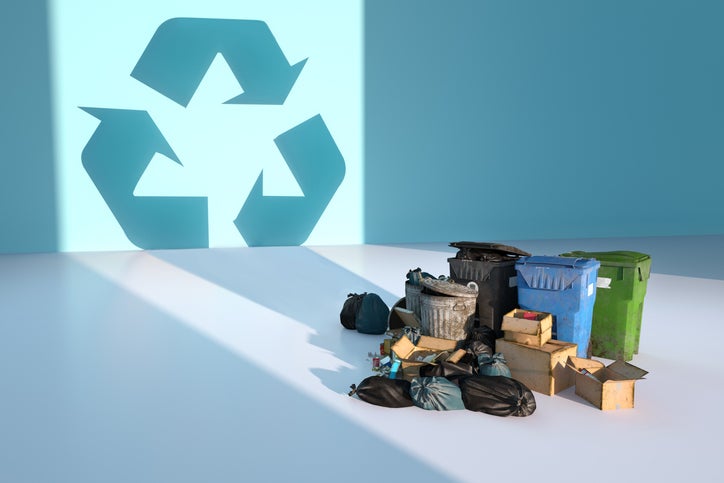
Slovakian company Sensoneo is implementing more than 11,000 sensors to bins across Madrid as part of wider plans to transform it into a smart city, and hopes to work more closely with the packaging sector moving forward.
The bins will measure levels of light packaging, textiles, glass, organic and general waste. The data collected from this smart waste monitoring solution is sent to a software system and used to optimise waste collection services.
The installation combines both hardware and software products, including ultrasonic bin sensors and optimised waste collection routes.
A Sensoneo spokesperson explains that “when it comes to technologies, deposit return schemes are the way forward. We can see the results of depositing cans and bottles and such a high rate of collection and recycling could not be reached any other way. The deposit schemes are scalable and can be extended to other types of packaging as well.”
The company also suggested that decreasing the number of types of plastic being used will benefit the ultimate goal towards circularity, as the current high number of plastics being used in packaging makes them hard to separate.
The spokesperson adds: “Similarly, moving from dyed and pigmented plastic to clear ones would increase the material value and also recycling.”
Currently, Europe’s recycling rates remain low due to high expenses and mixed results. However, Sonsoneo hopes to improve mechanical recycling processes with help from the packaging industry.
The spokesperson continues: “Implementing mandatory, unique, and machine-readable identificators on packaging enabling the identification of the type of plastic used would also significantly increase the efficiency of the system.”
Sensoneo says its smart waste solutions are being used in over 80 countries with the aim of feeding circular economy innovations.




